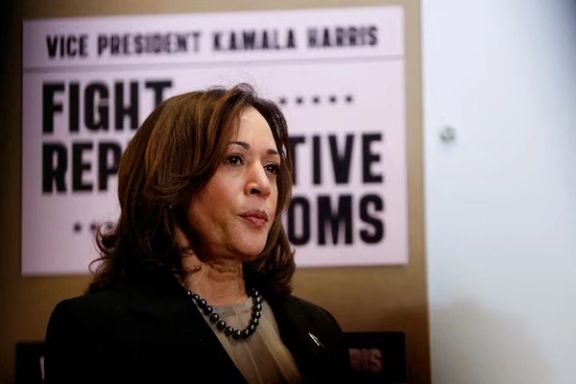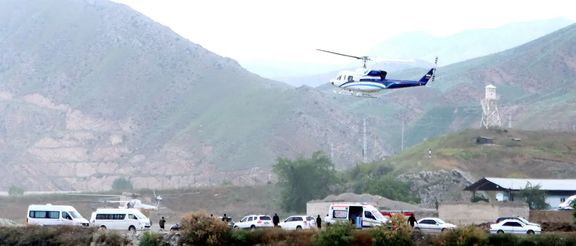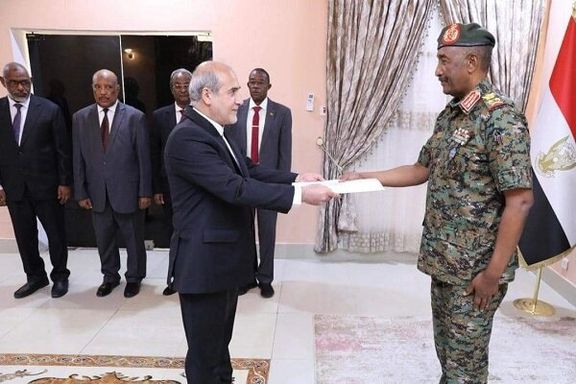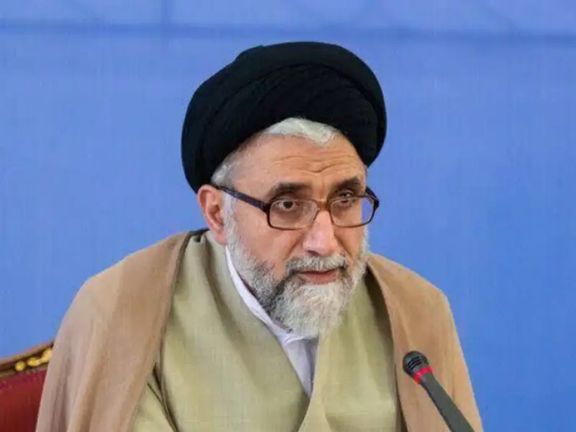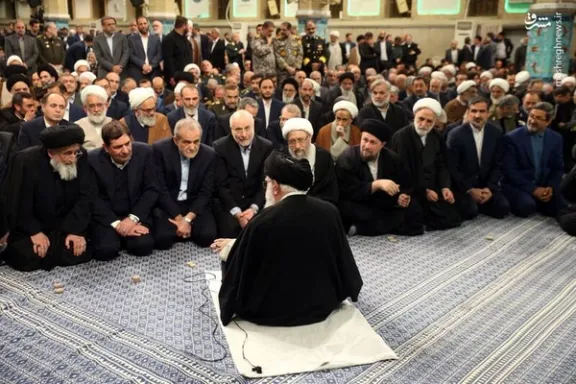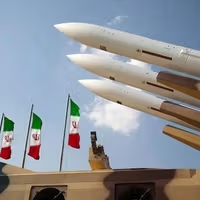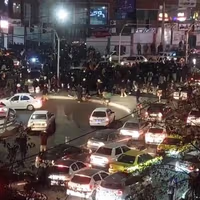Iran Nuclear Deal
Experts and observers have suggested that the growing threat of "weaponization" of Iran's nuclear program could be a key challenge early on for a potential Harris administration—particularly if Tehran decides to test the new US president.
With respect to the Iran nuclear deal (JCPOA), Harris is widely expected to closely follow Biden's foreign policy strategy.
When US President Donald Trump pulled out of the deal in 2018, Harris called the decision both "reckless" and that it jeopardized national security.
While acknowledging that the nuclear deal is not perfect, then-California Senator Harris asserted that it was the best available tool for the US to prevent Iran from developing nuclear weapons and to avoid military conflict in the Middle East.
When she was running for the presidency over a year later, in August 2019, Harris said that if elected, she "would plan to rejoin the JCPOA, so long as Iran also returned to verifiable compliance."
Harris has also frequently highlighted what she sees as the Obama-Biden administration's success in pushing the agreement with Iran through.
“Joe Biden actually took historic steps as Vice President to prevent Iran from obtaining a nuclear weapon. The Obama-Biden administration imposed what were described as crippling multilateral sanctions which brought Iran to negotiations, paving the way for the JCPOA and preventing a nuclear-armed Iran,” she said in 2020.
Tougher stances on Israel
While Harris is there is little doubt that she would maintain Washington's longstanding commitment to Israel’s security, it is not entirely clear whether her rhetoric will match -- should she become the 47th President.
As far back as 2016, Harris insisted that lasting peace could only take place if the Palestinians not only uphold their recognition and security guarantees to Israel, but explicitly recognize Israel as “Jewish state.”
She has shown her support of a two-state solution, and now some experts argue that her narrative and tone may shift to be outwardly more sympathetic to the plight of Palestinians and Palestinian statehood.
Aaron David Miller, a former Middle East negotiator, notes that Harris could adopt a more sympathetic tone towards Palestinian issues, although her policy actions are unlikely to deviate significantly from Biden's.
“When it comes to Israel, she has very moderate views," Miller told Reuters. "To the left of what Biden is prepared to do but way to the right of those who argue we need to impose costs and consequences on Israel to make it clear we’re the superpower and they’re not.”
Human rights and support for Iranian protestors
Regarding the Iranian state's human rights violations, particularly in response to the 2022 protests, Harris condemned the authorities' crackdowns.
"The United States continues to stand with the brave women of Iran as they protest peacefully for their fundamental rights and basic human dignity. All people in Iran must have the right to freedom of expression and assembly, and Iran must end its use of violence against its own citizens simply for exercising their fundamental freedoms," she said in a statement in 2022.
She also called for the removal of Iran from the UN Commission on the Status of Women and condemned the violent crackdown on protestors after the death in custody of Mahsa Amini over the mandatory hijab.
“Iran has demonstrated through its denial of women’s rights and brutal crackdown on its own people that it is unfit to serve on this Commission; Iran’s very presence discredits the integrity of its membership and the work to advance its mandate,” she stated in November 2022.
Regional stability and security
On regional security, Harris has shown a willingness to take a firm stance against Iran’s destabilizing activities, but her stance aligns with her party's policies without showing significant independent views.
In 2020, Harris criticized Trump for the assassination of Iranian Commander Qassem Soleimani, who headed the Islamic Revolutionary Guard's Quds Force.
She appeared to advocate for a more cautious approach when dealing with the IRGC’s proxies in the Middle East, stating in a post on X that "Soleimani was an enemy of the US, but President Trump's actions put more American lives at risk and could lead to a new war in the Middle East.”
During periods of heightened tension, she issued direct warnings to Iran, repeating Biden’s rhetoric. In a message, she issued a one-word warning to Iran regarding its potential involvement in the Israel-Gaza conflict: "Don’t," echoing Biden's earlier statement.
While Harris has garnered endorsements from notable figures, her official nomination won't occur until the Democratic National Convention in August. Meanwhile, key leaders such as former House Speaker Nancy Pelosi and former President Barack Obama have yet to publicly endorse her.
